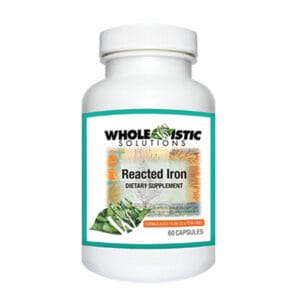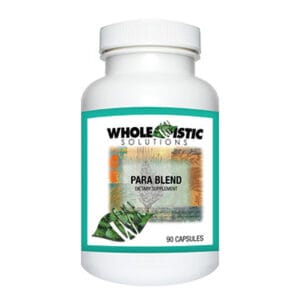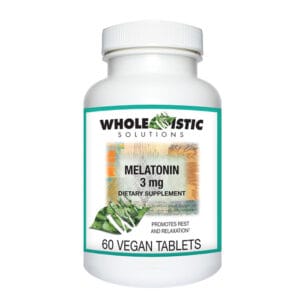Selenium deficiency is more likely to be found in those with digestive health issues causing poor absorption of nutrients, such as Crohn’s or celiac disease, or those with serious inflammation due to chronic infection. It is thought that selenium deficiency does not specifically cause illness by itself, but that it makes the body more susceptible to illnesses caused by other nutritional, biochemical or infectious stresses, due to its role in immune function. Adequate selenium nutrition supports efficient thyroid hormone synthesis and metabolism and protects the thyroid gland from damage from excessive iodine exposure.
Several research studies have demonstrated the benefits of selenium supplementation in treating autoimmune thyroid conditions. One study found that selenium supplementation had a significant impact on inflammatory activity in thyroid-specific autoimmune disease, and reducing inflammation may limit damage to thyroid tissue. This may be due to the increase in glutathione peroxidase and thioredoxin reductase activity, as well as the decrease in toxic concentrations of hydrogen peroxide and lipid hydroperoxides which result from thyroid hormone synthesis. Another study followed patients for 9 months and found that selenium supplementation reduced thyroid peroxidase antibody levels in the blood, even in selenium sufficient patients.
Additionally, selenium is also essential for the conversion of T4 to T3, as deiodinase enzymes (those enzymes that remove iodine atoms from T4 during conversion) are selenium-dependent. T3 is the active form of thyroid hormone, and low T3 can cause hypothyroid symptoms. A double-blind intervention study found that selenium supplementation in selenium-deficient subjects modulated T4 levels, theoretically by improving peripheral conversion to T3. In cases of severe selenium deficiency, conversion of T4 to T3 may be impaired, leading to hypothyroid symptoms. As T3 conversion is not performed by the thyroid, the dependence on selenoproteins for this conversion demonstrates how significant selenium deficiency could lead to hypothyroid symptoms.






